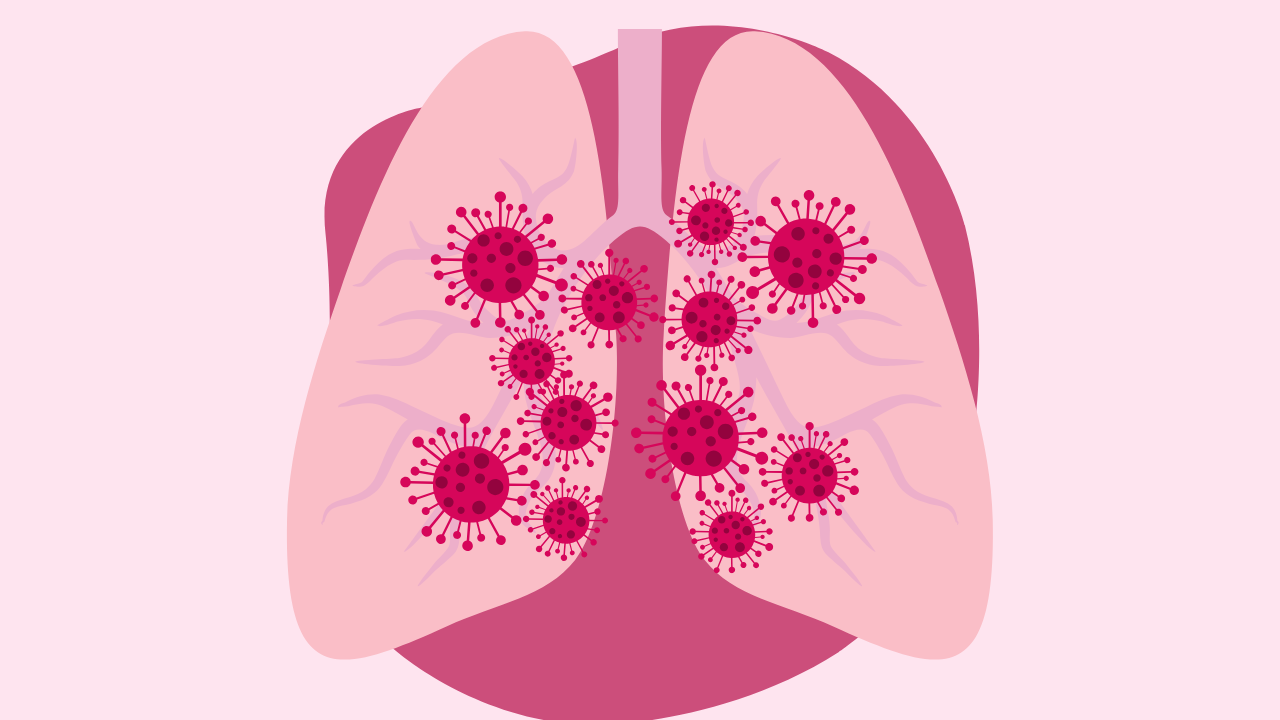How COVID and the Flu Could Spark Cancer’s Return

ancer treatment can remove tumors, but sometimes tiny clusters of cancer cells remain hidden in the body. These cells, called disseminated cancer cells, can stay dormant for years without causing harm. Researchers have long questioned what triggers these sleeping cells to wake up and form new tumors, and a new study published in Nature suggests that respiratory infections, like the flu or COVID-19, may play a major role.
According to scientists at the University of Colorado Anschutz Medical Campus, respiratory viruses can set off inflammation that reactivates dormant cancer cells. In experiments with mice, the researchers found that within just a few days of infection, the number of active cancer cells in the lungs grew rapidly and continued to rise for weeks. The growth didn’t stop there—levels of awakened cancer cells stayed higher even nine months later, showing how lasting the effect can be.
The study revealed that a key driver behind this process is inflammation, which happens when the immune system responds to infection. A molecule called IL-6 plays a central role. When the mice were unable to produce IL-6, the cancer cells were far less likely to wake up and start growing again. Researchers also discovered that immune cells known as CD4+ T cells may actually help these reawakened cancer cells by holding back CD8+ T cells, which are the cells responsible for killing cancer. Without CD4+ T cells, the CD8+ cells became stronger defenders and kept the cancer cells under better control.
To understand how this might affect real people, the team analyzed data from nearly 5,000 cancer survivors. According to the study, those who tested positive for COVID-19 had almost double the risk of dying from cancer compared to those who did not get the virus. Another dataset of more than 36,000 women with breast cancer showed that COVID-19 increased the chance of cancer spreading to the lungs by about 40 percent.
Lead researcher Dr. James DeGregori compared dormant cancer cells to “embers left in an abandoned campfire,” explaining that respiratory viruses act like “a strong wind that reignites the flames.”
These findings highlight how important it is to protect the immune system, especially for people who have had cancer. They also open the door for new research into treatments that could block IL-6 or strengthen the body’s natural defenses against cancer returning.







